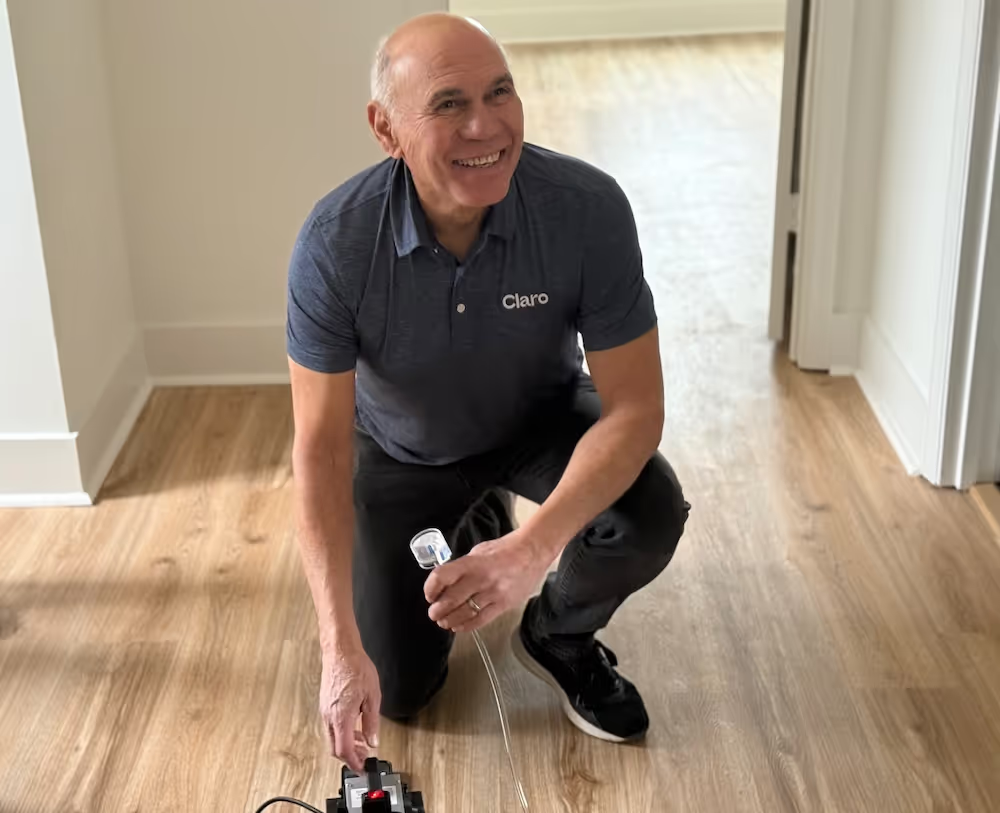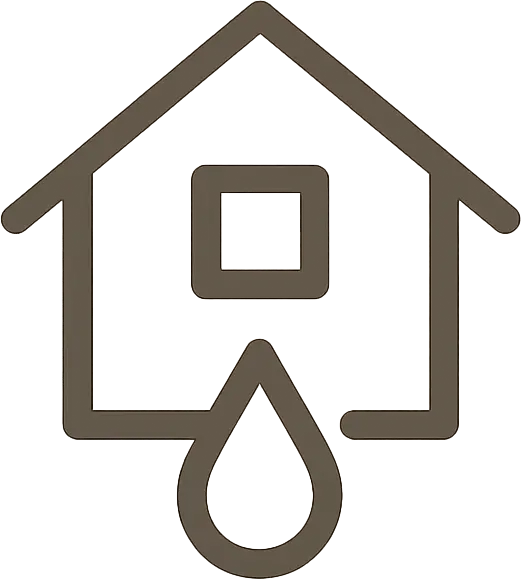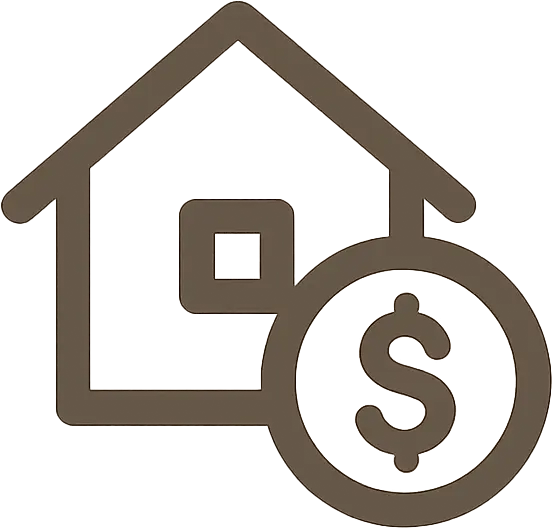Nashville, TN, Antioch, TN, Donelson, TN, Belle Meade, TN, Green Hills, TN, East Nashville, TN, West End, and surrounding areas.

Not sure if you have a mold problem? Claro can help
Accurate mold assessment requires specialized knowledge of Nashville's unique weather and environment. Our certified inspectors have seen everything in the Music City's over the years and we know how the Nashville heat, flooding and sealed up buildings can cause major mold challenges. We've treated major concert venues in downtown Nashville to tiny bungalows on the outskirts. Every test we do is set away to an independent third party lab and we always share our rubric beforehand so you know how to understand and read the tests yourself.
Nashville homeowners often overlook hidden mold sources in their HVAC systems or growing in their crawlspaces but we know where to look. Our multi-room air tests eliminates uncertainty by providing scientific data specific to your property type and location.
Signs you need mold inspection & testing
Coughing, sneezing, or fatigue that worsens at home and improves when you leave.
Persistent smells in basements, bathrooms, or throughout your home that won't go away.
Water stains, peeling paint, condensation, or damp areas that encourage mold growth.
Any flooding, leaks, or HVAC issues in the past year, even if seemingly resolved.
Pre-purchase inspections or pre-sale testing to identify potential mold issues.
Our comprehensive Nashville mold inspection process
Our skilled mold inspectors can often tell if there is a mold issue within minutes of arrival but typically our inspection and test takes 30-60 minutes, looking through all the areas in your home that mold is most likely to be hiding. During a typically mold inspection we'll inspect the following:

Our mold testing methods
Air-O-Cell spore trap testing
Our primary testing method captures airborne mold spores using disturbed air sampling, then sends samples to accredited labs for immediate analysis and identification.
Via-Cell cultured testing
Uses the same spore collection process as Air-O-Cell, but the lab cultures samples for a full week to determine if captured mold spores are alive or dead.
Direct surface swab testing
When visible mold is present, we can take direct samples to identify exactly what type of mold you're dealing with and guide appropriate treatment decisions.
Post-treatment verification
After any remediation work, we use Via-Cell testing to confirm that the majority of the remaining mold in your Nashville home is completely dead and no longer a threat.
95% of our Nashville inspections use air testing as the primary method. We always start with Air-O-Cell for immediate results, then follow up with Via-Cell testing after any treatment to verify success.




